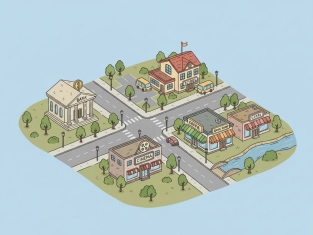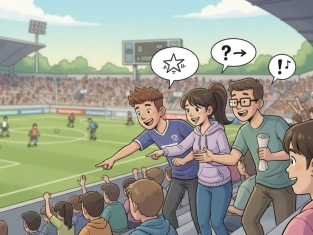Prepositions of Time: in, on, at
Table of Contents
Exercises
At - exact time or short periods
We use at for precise times, holidays, and short points in time.
Examples:
-
at 7:30
-
at midnight
-
at lunchtime
-
at New Year’s Eve
Special cases: at night, at the weekend.
We also use at to show the end of a period:
-
at the end of class
-
at the end of the month

In - longer periods of time
We use in for months, years, centuries, and parts of the day.
Examples:
-
in June
-
in the morning
-
in 1999
-
in the 21st century
We also use in to say how soon something will happen:
-
The taxi will arrive in 20 minutes.
-
She will be here in half an hour.
On - days and dates
We use on with days of the week, specific dates, and named holidays.
Examples:
-
on Tuesday
-
on 4th July
-
on Christmas Day
-
on Saturday afternoon
We also use on time to mean “punctual.”
-
The bus is always on time.
-
Please arrive on time for the exam.
No preposition
When we use words like this, last, next, every, we don’t add a preposition.
Wrong: on next Monday
Correct: next Monday
Wrong: at last summer
Correct: last summer

